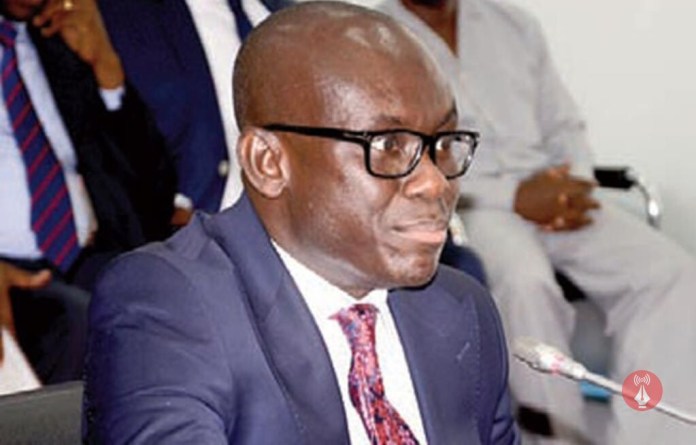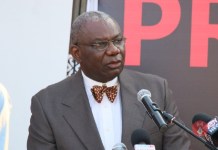-Over Terminated Gas Supply Agreement
The London Court of International Arbitration (LCIA) has awarded a US$78million judgment against Ghana after the country’s troubled Gas Supply Agreement (GSA) with West Africa Gas Limited (BVI) fell through.
WAG BVI received a total of US$69million in the arbitral award and arbitration cost of Eur353, 000 after it had abrogated the GSA with Ghana over the country’s failure to fulfil some conditions precedent for the agreement to kick into motion.
This is the second judgment debt in less than a month that Ghana has suffered.
Earlier in June 2021, the London-based United Nations Commission on International Trade Law (UNCITRAL) Tribunal had slapped US$ 170 million against in favour of Ghana Power Generation Company (GPGC), after Attorney General Godfred Yeboah Dame refused to fight Ghana’s case.
In the latest case, WAGL is a Nigerian company based in Abuja, and it is a joint venture established between Ocean Bed Trading (BVI), a member of the Sahara Group, and Nigerian National Petroleum Company (NNPC), it was hired by Ghana in 2015 to supply Liquefied Natural Gas (LNG) for the country as part of measures to arrest the country’s debilitating power outages (dusmsor).
Following negotiations, the GSA was executed on 8 October 2015 for the supply of LNG at the port of Tema, Ghana, initially for a period of five years, with the contract later being extended to ten years.
The dispute arose when the WAGL terminated the GSA on 9th October, 2015 when the government failed to provide a Letter of Credit and establish (with WAGL) a Disputed Amount Account in accordance with the GSA.
Because of this, the WAGL could not complete the Infrastructure Works required for the supply of LNG.
And government’s failure to fulfil its part of the agreement was followed by its decision to enter a new contract with Gazprom because it felt it could make up to US$400million in savings.
At the hearing, WAGL argued that because of the urgent need to arrest ‘dumsor’ the government had asked it to start establishing the necessary infrastructure for the supply of the LNG to Ghana and accordingly signed a Heads of Terms with the government of Ghana.
The government had promised to sort out all necessary paper works, including obtaining Parliamentary and Cabinet approvals, as well as fulfil the conditions precedent, as the WAGL undertook the groundwork.
Consequently, WAGL engaged the services of many companies, including Golar LNG NB13 Corporation, from whom it charteredFloating Storage Regasification Unit FSRU, Mt Golar Tundra which had sailed from Singapore to Tema pursuant to a time charter party.
However, after WAGL had made all the necessary investments, the government’s failure to establish the disputed account and provide letters of credit forced it to slow down on the project.
The resultant slowdown frustrated all the companies that it had hired to undertake groundworks into abrogating their agreements with WAGL and suing the company for damages.
Ghana had been represented by Amofa and Partners, and its arguments had claimed that WAGL had unnecessarily rushed to terminate the agreement and therefore the company has been the architect of its own losses.
This, it argued is because per the original GSA, WAGL ought to have terminated the contract when the conditions changed.
Ghana’s lawyers at the arbitration court had heavily depended on a ruling by Ghana’s Supreme Court to argue its case, but the London Court of International Arbitration dismissed that argument as one that, “turn on their own facts.”












